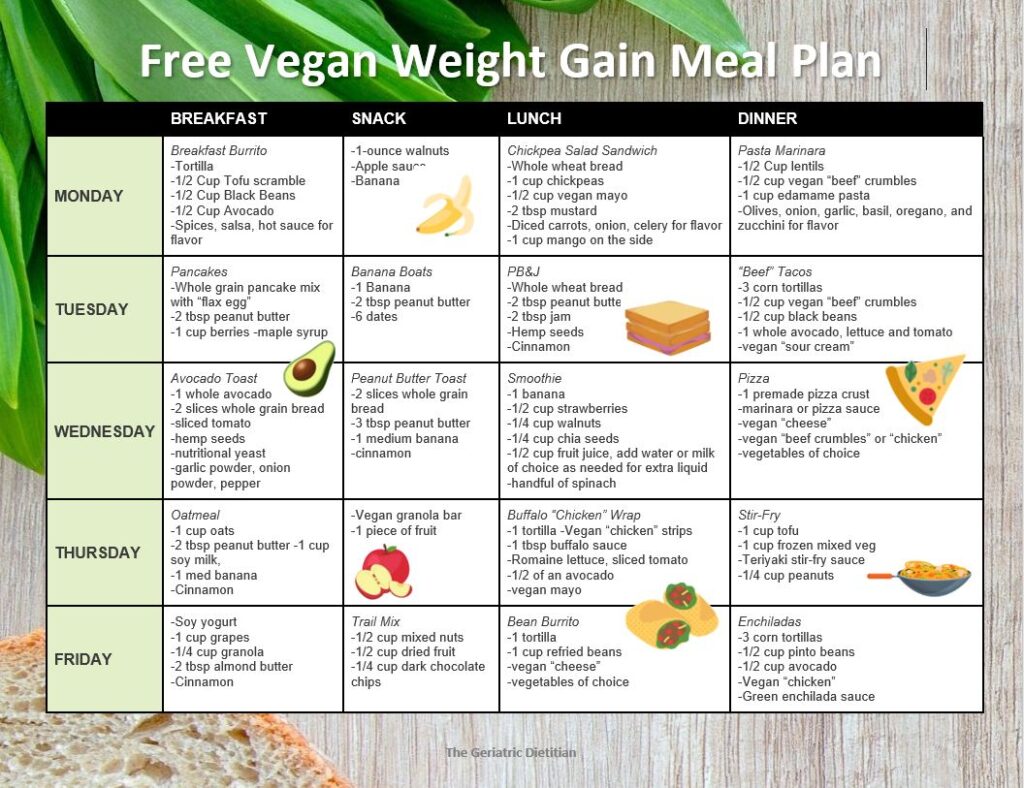Selecting a meal plan can seem daunting with the plethora of options offered today. From This Site -carb methods like Keto and Paleo to cardiovascular-friendly options like the Dietary Approaches to Stop Hypertension diet, the sheer number of popular diets can leave individuals puzzled about which one is the most appropriate match for their way of life and objectives. Whether you are looking to decrease weight, increase muscle mass, or simply maintain a more nutritious diet, grasping the pros and cons of each diet is essential.
In this manual, we will explore the most popular diets, break down what they comprise, and help you discover which one matches with your individual principles and health objectives. With sources covering plant-centric diets to specialized diets for addressing health conditions, we aim to offer you with a comprehensive insight. By assessing different diets, you will be well-prepared to make an informed decision that not only aligns with your objectives but also boosts your overall well-being.
Introduction of Popular Diet Types
In the current health-conscious world, many diet strategies provide distinct ways to nutrition and weight management. Among the most common diets are low-carb options like the Keto and Paleolithic diets, which focus on lowering carbohydrate intake to stimulate the body to burn fat for fuel. These diets have gained considerable traction due to their ability for rapid weight loss and improved metabolic health. On the other hand, more balanced approaches, such as the Mediterranean diet, focus on incorporating whole foods, healthy fats, and plant-based ingredients, encouraging long-term health benefits while still allowing for flexibility.
Another growing movement is the plant-based diet, which could range from lacto-vegetarian to strict vegan options. Plant-based diets prioritize whole, nutrient-dense foods as a means to improve overall health and reduce environmental impact. While these diets support a higher intake of fruits, vegetables, and grains, they have sparked discussions about whether plant-based and vegan diets are actually the same. These discussions underscore the diversity within these dietary approaches and how personal choices can affect both health and sustainability.

Intermittent fasting also is distinguished among popular diet types, focusing on when to eat rather than what to eat. This method involves cycling between periods of fasting and eating, which can help regulate calorie intake and improve metabolic health. Each of these diets has its unique advantages and challenges, encouraging individuals to carefully consider which one aligns best with their lifestyle, health goals, and ethical views.
Pros and Disadvantages of Common Dietary Approaches
When evaluating mainstream diets, it's essential to consider their benefits and disadvantages. For instance, the ketogenic diet is recognized for its success in quick weight loss and improved energy levels for some. However, it can be limiting and difficult to maintain over the long haul, leading to potential nutrient deficiencies. Additionally, the starting phase often comes with side effects like the "keto flu," which can deter certain individuals from sustaining the diet.
The Mediterranean diet is highly praised for its health benefits, particularly concerning cardiovascular health. It emphasizes whole foods, healthy fats, and a variety of fruits and vegetables, making it attractive for sustained adherence. Conversely, the diet might be perceived as somewhat straightforward for those looking for quick weight loss solutions, as it promotes slow, sustainable changes rather than rapid results. why not try this out may require a change in mindset for those accustomed to more limited diets.
On the other hand, vegan diets, including plant-based eating, can provide many health benefits, including reduced risk of long-term diseases and weight management. Nevertheless, they might lead to challenges in obtaining certain nutrients, such as B12 and iron, if not carefully managed. As with any diet, it is essential for individuals to assess their personal health needs and lifestyle fit, ensuring they select a diet that promotes their overall well-being.
Deciding the Best Eating Plan for Your Needs
Determining the best diet needs thorough reflection of one's individual goals, lifestyle, and health requirements. Start by recognizing what you aim to achieve, whether it be it's losing weight, muscle building, or improving general health. This understanding will guide you in refining the choices available, such as weight loss-focused plans, high-protein diets, or cardiovascular-friendly choices like the DASH eating plan.
Afterward, consider about your dietary preferences and preferences. It is crucial to select a diet that integrates into your routine. For instance, if you are a hectic professional, a diet that emphasizes ease, like the Mediterranean eating plan or a flexible approach, may be more fitting than one requiring extensive meal prep. Additionally, take into account any dietary restrictions or ethical considerations, such as veganism or gluten-free needs, to make sure that the plan you choose is sustainable and satisfying for yourself.
Ultimately, research the pros and cons of the eating plans that interest you, and perhaps consult a nutritionist. Many popular eating plans offer potential gains, such as the anti-inflammatory eating plan or the FODMAP diet for gut health, but they might not work for everyone. Make sure to stay mindful of your body’s reacts and be adaptable in adjusting your method. What matters most is finding a well-rounded and healthy diet that you can maintain long-term.
